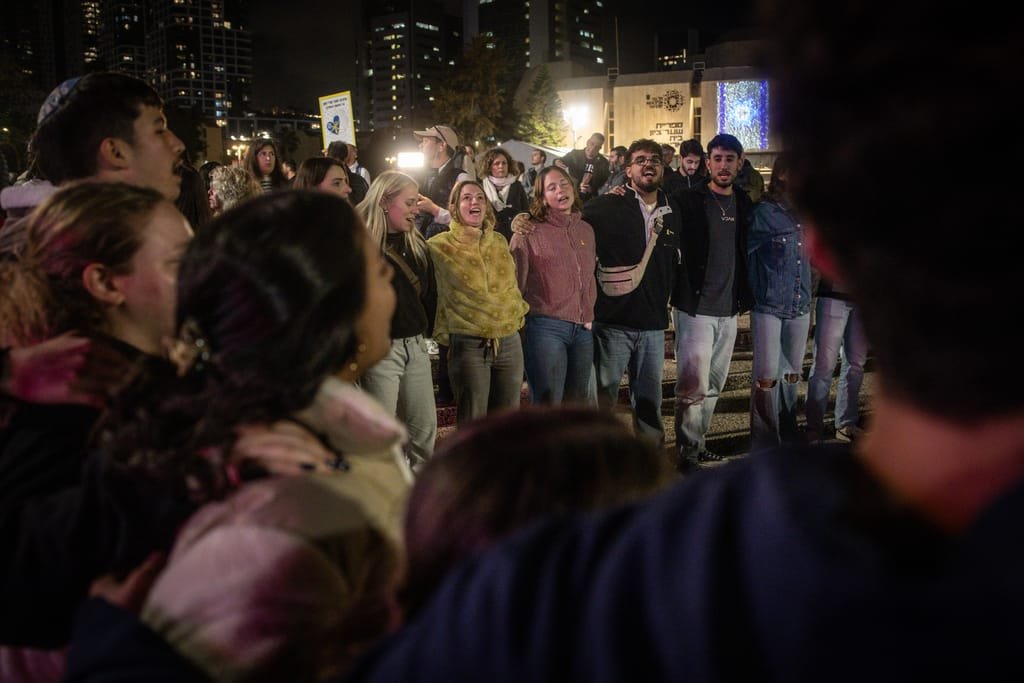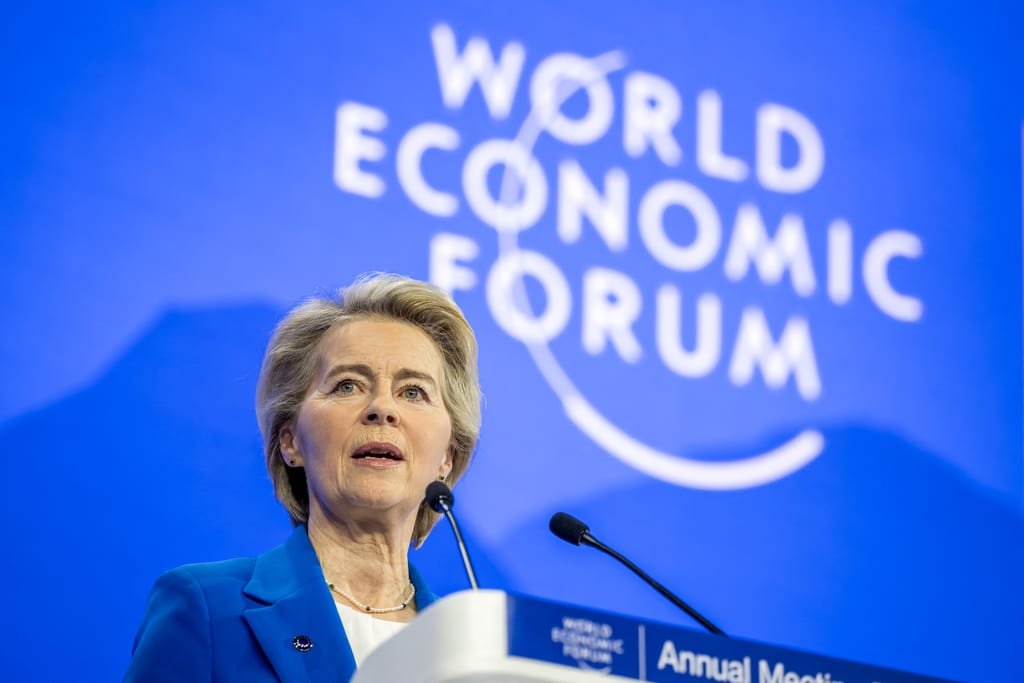Security industry guns-for-hire are warned they could face jail time if they work for hostile states — even accidentally.

LONDON — The British government has warned the country’s burgeoning private intelligence and security industry to stop doing work for hostile states like Russia, China and Iran.
In new guidance for security professionals published this week, the U.K. Home Office said such work risks breaking tough new national security laws — and could even see pros sent to prison for up to 14 years.
British security companies are being told to carry out due diligence to ensure their clients aren’t working for a foreign power looking to threaten the interests of the U.K.
Secretive private intelligence and security companies have become big business for the U.K. in recent years, with some hiring former members of the British security services as part of their offer of insight and analysis for their well-paying clients.
The guidance references assessments by spy agencies MI5 and MI6 that the threat from overseas “predominantly comes from Russia, Iran and China.”
It highlights orders that foreign states may ask British security firms to carry out, including gathering information on dissidents, acquiring protected or sensitive information including in academia, and gaining control of supply chains through investment.
It suggests companies should “strongly consider” turning down work if a potential client works for a foreign state’s public sector, fails to provide sufficient information about their identity, or asks them to gather sensitive information.
All reasonable precautions
Writing for City Security magazine, Dan Jarvis, the security minister, said security pros “have become attractive proxies for those who wish to harm the U.K.”
“Private investigators, private intelligence operatives, and close protection officers have specialist skills, access to information, and proximity to individuals of interest that hostile actors wish to exploit,” he said.
Jarvis warned that a state’s direct involvement “may not be immediately obvious” and that many state actors “operate covertly, making it harder to discover their intentions or involvement.”

“Some states target the U.K. through intermediaries — seemingly innocuous people or businesses,” he added. “You should take all reasonable precautions to reassure yourself that you are not undertaking damaging activity for a foreign power.”
The private intelligence industry has become a major concern to Britain’s security services in recent months.
Ken McCallum, the director general of MI5, revealed in an October threat update that Russia and Iran are increasingly turning to private intelligence operatives and criminals to carry out work for them in the U.K. in an “eye-catching shift.”
Clampdown
Last year the Mail on Sunday reported that one of Britain’s leading private intelligence figures had been detained by police at Bristol City airport as part of a supposed crackdown on the sector.
Andrew Wordsworth, a relative of the Romantic poet William Wordsworth and once voted London’s most eligible bachelor by the elite Tatler magazine, co-founded the private investigation firm Raedas in 2016. Police questioned him about any potential links to Russia, which the firm strongly denied.
Wordsworth told the paper the incident had been “irritating” but that he was “very supportive of the government’s initiative,” adding: “As was to be expected, there has been no follow-up or other action taken against me or Raedas.”
The warning from the British government comes as it is expected to unveil a long-delayed Foreign Influence Registration Scheme (FIRS) in the coming weeks.
The U.S.-style register of political influence activities in the U.K. is designed to shield Britain from foreign actors, with an enhanced tier for specified countries and regions that are deemed a risk to the U.K.’s interests.
The implementation of FIRS has been delayed following the U.K. general election and the government’s attempted reset of relations with China.
Ministers have in recent weeks come under pressure to put China in its enhanced tier of countries, particularly after December’s revelations that there was an alleged Chinese spy linked to Prince Andrew working in the U.K.





